Sergio Castellanos is a Berkeley Energy & Climate Institute – Tecnológico de Monterrey (BECI–ITESM) Energy Fellow working at the Renewable and Appropriate Energy Lab with Prof. Dan Kammen. His research focuses on expanding an optimization model –SWITCH– to Mexico to determine the optimal investments in new generation and transmission assets. Through his research, he also analyzes the manufacturing capacity of photovoltaic solar technologies in Mexico. Previously, in his Ph.D. studies (Mechanical Engineering ’15, MIT) he characterized the electrical impact of structural defects in silicon-based solar cells. He enjoys reading, exploring new hobbies, and learning more about the intersection of technology, business, and policy in renewable energy.
Current position:
Assistant Professor of Civil, Architectural and Environmental Engineering, University of Texas, Austin
Brooke’s undergraduate career was profiled in the CNR Newsletter.
Isa Ferrall is a MS/Ph.D. student in the Energy and Resources Group and Renewable and Appropriate Energy Lab at the University of California, Berkeley. She is interested in the impact of renewable energy on rural electrification, global development, and the domestic energy sector. Previously, Isa gained experience on both the technical and applied sides of renewable energy. She researched innovative energy materials at Duke University as a National Academy of Engineering Grand Challenge Scholar and at the National Renewable Energy Laboratory as a Department of Energy Intern. She also has analyzed system data for Off-Grid Electric, a solar home system company operating in east Africa. Isa graduated Magna Cum Laude from Duke University in 2015 with distinction in Mechanical Engineering and a Certificate in Energy and the Environment.
Emerging economies will account for more than 90 percent of new energy-generation capacity by 2035, and Latin America is no exception to this trend. In the last 40 years, the region’s primary energy demand has more than doubled. In a global environment of increasingly volatile fuel prices, emerging technologies, and climate-change impacts, the continued increase in demand presents challenges and opportunities to Latin America and the Caribbean. To manage the next phase of development, the region’s governments will need to develop new energy sources and pay more attention to sustainability.
Kammen and students (Juan Pablo Carvallo, Diego Ponce de Leon Barido and Rebekah Shirley) discussed strategies to design and evaluate programs for managing energy and other resources in the region both as a speaker panel for the Center for Latin American Studies at UC Berkeley and in a new publication on integrated tools for building low-carbon economies in Latin America and the Caribbean.
Our researchers also delve into the specific case study of Nicaragua along with Fulbright Nexus Fellows 2012–2013. This group explored three case studies at the national, regional and community levels in Nicaragua: breadfruit and food insecurity; rainwater harvesting on the Pacific coast; and, bio-energy production from agricultural waste. This research shows the increasing need to see the climate, land, energy, and water (CLEW) sectors as interrelated, and to proactively plan policy with these interconnections in mind. Nicaragua’s opportunities for sustainable development within a CLEW nexus framework are sufficiently large that the country could well become an example of wise natural resource use for Latin America and the world.
Press release on our work with biogas digesters in Mexico:
Fusion, March 24, 2014. These students have bold ideas on how to make renewable energy more accessible.
Article, full video and photos from our panel discussion with CLAS:
Center for Latin American Studies. February 10, 2014. Sustainable Energy Systems in Latin America and the Caribbean.
Read more about our involvement in the Fulbright Regional Network for Applied Research (NEXUS) Program 2012–2013.
Susana Arrechea holds a bachelors degree in Chemical Engineering from the University of San Carlos of Guatemala and a masters degree in Molecular Nanoscience and Nanotechnology from the University of Castilla-La Mancha. Susana is a Professor at the Engineering Faculty at the University San Carlos of Guatemala. In 2011, she began a doctorate program in Nanoscience and Nanotechnology at the University of Castilla-La Mancha in Toledo, Spain. She received a scholarship through the Carolina Foundation, the University of Castilla- La Mancha and the University San Carlos of Guatemala. Susana investigates novel materials for third generation solar cells at the Institute of Nanoscience, Nanotechnology and Molecular Materials at the University of Castilla – La Mancha. In 2014, she was selected to participate in the Renewable Energy group of Fulbright Regional Network for Applied Research (NEXUS) Program, led by Dr. Daniel M Kammen and Dr. Sergio Pacca. This program bring together a network of researchers from the United States, Brazil and other Western Hemisphere nations, for a series of seminar meetings and multidisciplinary research. Susana will visit the Renewable and Appropriate Energy Laboratory (RAEL) at the University of California, Berkeley, to studying sustainable isolated microgrids in Latin America as part of the Fulbright NEXUS exchange experience.
For a video summarizing the program, click here.
The impacts of climate change are already being felt across Africa, leading to greater natural resource scarcity, which has contributed to violent conflict in Darfur (Sudan), Mali, and Somalia, among others. This trend is likely to continue, as Africa is projected to be among geographies most severely impacted by climate change. Though the pathway from climate change to greater natural resource scarcity to violence is not a direct one, the risks of conflict will increase as livelihoods are threatened due to greater scarcity of food, water or arable land. With lower government capacities and limited funding to adapt to climate change impacts, and a relatively weak conflict prevention/resolution architecture in place, climate change is likely to have an increasingly important impact on future conflicts in Africa.
This assessment necessitates new policy planning and development thinking. Despite the threats, the broader global interest in climate change also presents significant opportunities to mobilize new interest and momentum for promoting green development in Africa. This can contribute to an effective conflict prevention strategy, and can also drive increased investment and more diversified economies, improved governance and development outcomes, and greater political stability. This project aims to build the theoretical and practical case for a new model for green development, which can provide both political and economic returns, while delivering both climate sensitive and conflict sensitive development.
Our 3–5 year goal is to seed and support a successful “green” pilot in a still to be selected geography in Africa. A successful pilot will require political buy-in and local political champions, as well as new external investment to support green development projects. This can serve as a model that helps demonstrate the political and economic potential of a green approach, the economic potential of a green framework to external investors, as well as effective conflict prevention. It is our hope that the model, once proven, will be scalable in other geographies.
Rob is interested in sustainability, resource use, and environmental change in the developing world. He explores these issues principally, though not exclusively, in the context of energy. He became interested in the intersection of energy, society, and environment while working as a teacher in the US Peace Corps in a remote community in northwestern Kenya. He uses an interdisciplinary approach that places equal emphasis on qualitative and quantitative methods across a range of scales, from local to regional and global. Follow this link for more information about his past and current research.
https://environment.yale.edu/profile/bailis/
Biomass fuels (wood, charcoal, dung, and agricultural residues) are vital to basic welfare and economic activity in developing nations, especially in sub-Saharan Africa (SSA), where they meet more than 90% of household energy needs in many nations. Combustion of biofuels emit pollutants that currently cause over 1.6 million annual deaths globally (400,000 in SSA. Because most of these deaths are among children and women, biomass use is directly or indirectly related to multiple Millennium Development Goals (MDGs), including environmental sustainability, reducing child mortality, and gender equity.
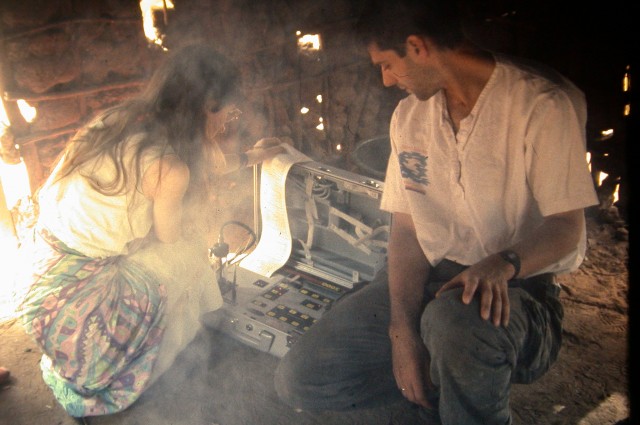
Taking indoor air pollution measurements in rural Kenya
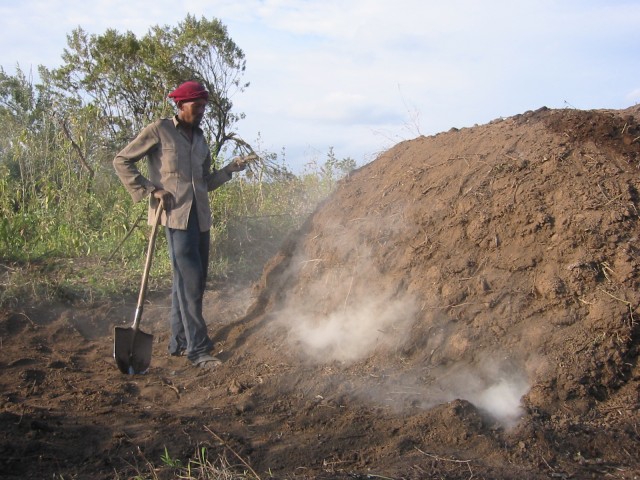
Making charcoal, Kenya
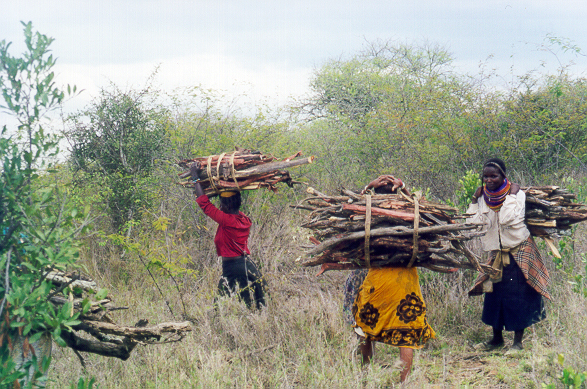
Women gathering firewood, Zombe, Kenya
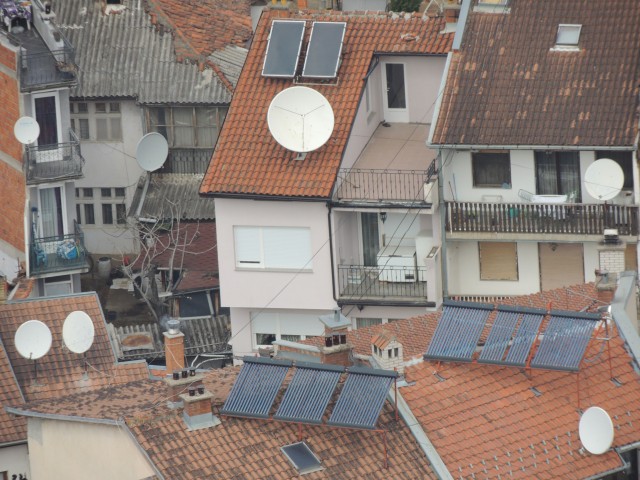
Distributed energy and information (satellite TV) in Prizren, Kosovo
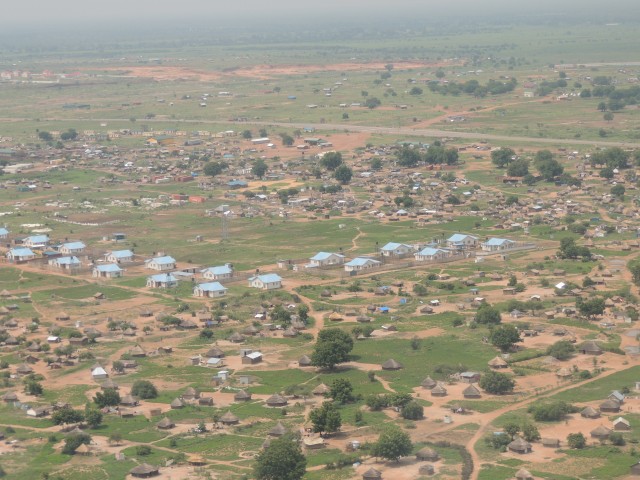
Homes built in Juba, South Sudan showing the lack of infrastructure associated with these new units.
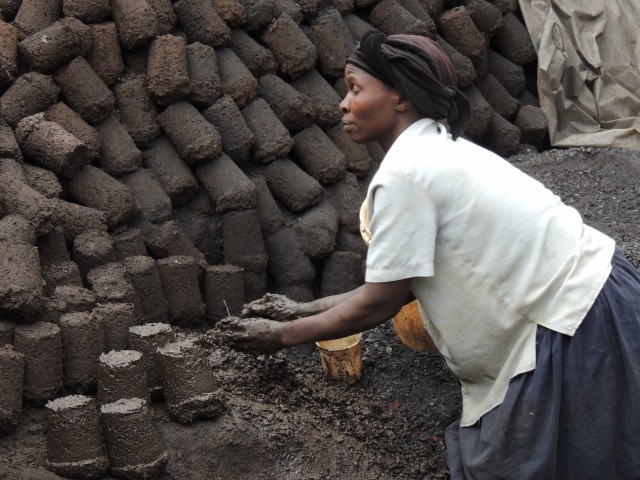
Making charcoal and mud fuel blocks in Kibera, Kenya
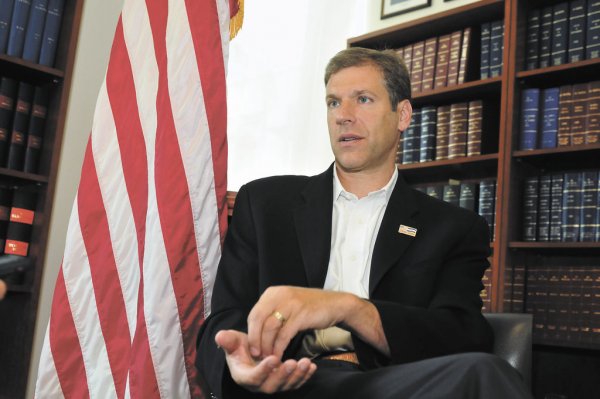
Kammen speaking in Managua on an ECAP sponsored trip to facilitate community energy initiatives on the RAAS (Region Autonoma de Atlantico Sur).
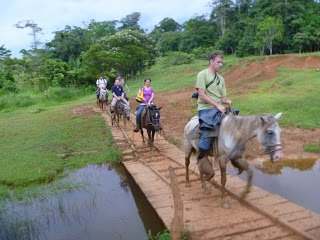
Visiting Kaka Creek, clean energy and biodiversity research and eco-tourism site in the RAAS.
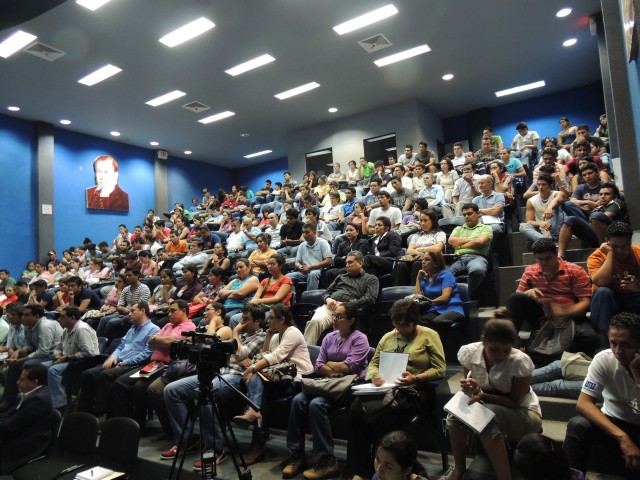
Lecture on clean energy options at the National Engineering University (UNI) in Mangaua, Nicaragua
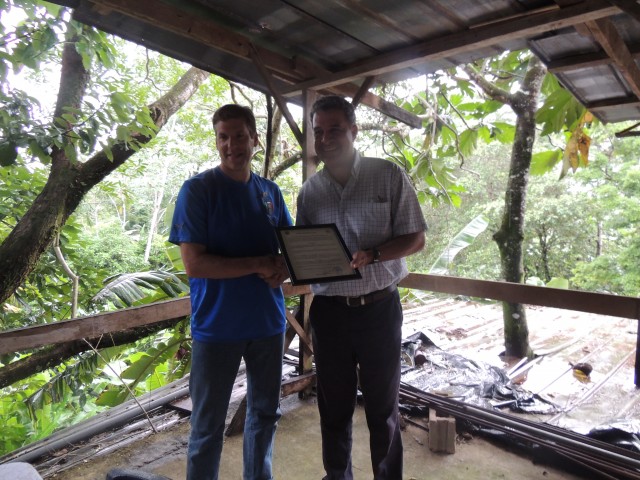
Meeting with the Mayor of , Dr. Harold Bacon, who awarded Kammen an honorary citizen of Bluefields accolade.










You must be logged in to post a comment.